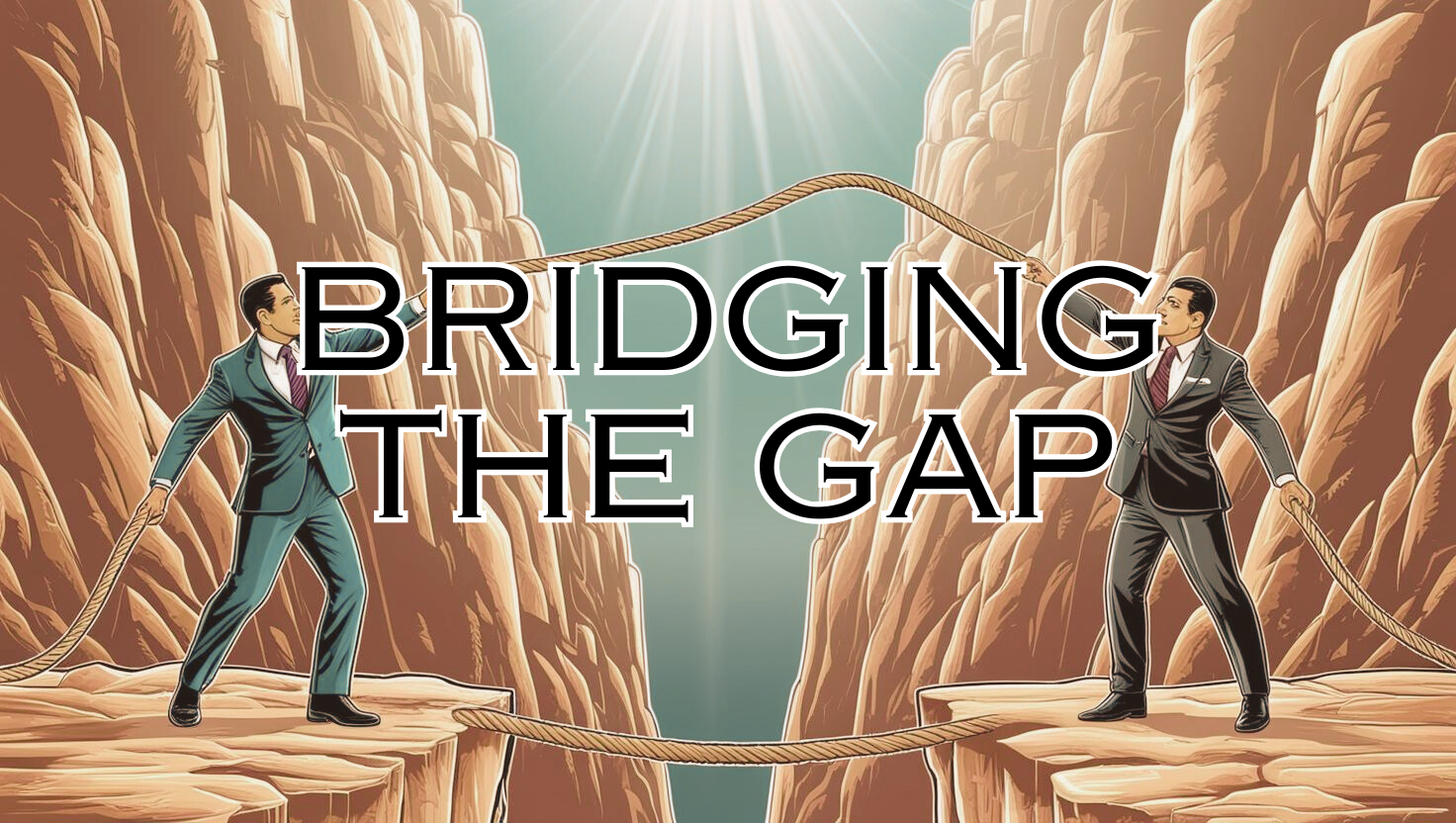Financial services would seem to offer everything a millennial recruit is looking for: The opportunity to use technology, to set their own hours and work away from a desk, and the opportunity to make a difference in the world. Despite this, recruiters say finding qualified candidates who are interested in the job is harder than ever.
You might think that online recruiting tools should make the job easier too, but in reality, the pool of candidates continues to shrink as other industries compete to attract the same talent.
While some companies may still recruit en masse, hoping that a small number of producers will emerge as the rest fall away, more recruiters today say they are putting in a lot more work up front to learn about prospective candidates and whether or not they will succeed in the role.
So does recruiting need to be difficult? Recruiters like Mutual of Omaha advisor recruiter, Joe Crandall says low unemployment is the first reason the task is more difficult today than it has been in past years. At the same time, however, he says preferences have also changed notably, forcing recruiters to change their strategies over time.
“You can’t try to recruit high quality people today the same way you did years ago,” he says. “We need to evolve in the way we reach out. We need to use technology more. It’s ok to send a text message or a LinkedIn message… The generation graduating college now, some of them don’t even have a voice mailbox set up.”
Warm leads are best
While there are a number of ways to approach strangers cold, much like the relationship building that occurs at the advisor-client level, recruiters do best when prospective recruits are referred to them by someone who is already in the business.
Herman Chan, Freedom 55 Financial regional director and branch manager says warm advisor referrals are so effective that about 50 per cent of those who ultimately join the organization are usually referred to him by someone already working in the industry.
“The engaged, productive advisor who is already here can do a much better job of selling the career than I ever can, because it comes from the heart and it comes from their own personal experience,” he says. “There is already a mutual trust there.”
Mixing it up
Beyond warm referrals, there are job boards and career fairs for college students, but both Crandall and Chan say LinkedIn has become an indispensable tool for learning more about a potential recruit, their connections and their ability to build relationships.
“There are also centres of influence,” Crandall adds. “Those are people in the community who are very well respected, they know a ton of people and they provide referrals to us. If you can establish one of those nearby your office or your location, that’s great. “
Making them stay
To find the right person for the job, recruiters say they will also research candidates on social media to learn more about their interests and preferences. Following that, potential candidates will also be put through their paces: Chan has new recruits come up with a list of 150 people they could meet with, for example. Both recruiters also say the LIMRA career profile assessment is an integral part of their screening processes.
It’s also about setting up candidates for success before their first day. “We also ask candidates to survey a minimum of 20 friends, family, or colleagues so that the candidate can test the waters with the people they know well”, Chan explained, “By completing each survey document, they will know if that person they reached out to will potentially meet with them if they joined the career or introduce them to their network. Of course, once they join, they may still have a tough time booking a meeting with them but at least they have a 10-20 people that should meet right off the bat”.
For those who make it through that screening process, companies must then provide support. (Freedom 55 Financial will partner new recruits with a dedicated field director for the first three years of their career. The company also covers insurance and investment licensing costs for new recruits.) “We also find establishing a sense of comfort for new recruits to be beneficial” Chan elaborated, “For example we let them use their own laptops, something they’re familiar with, and then provide a customized version of Salesforce CRM to them so that they can track activity and client data”.
“The older generation, baby boomers, cared more about the bottom line, about money,” Crandall says. “Today candidates care more about their experience at work, the culture. Group benefits are important. Who are they going to be working with? What sort of relationship will they have with their manager? These are all things that used to be small details, whereas now people really want to understand what it’s all going to look like and feel like on a day to day basis.”




